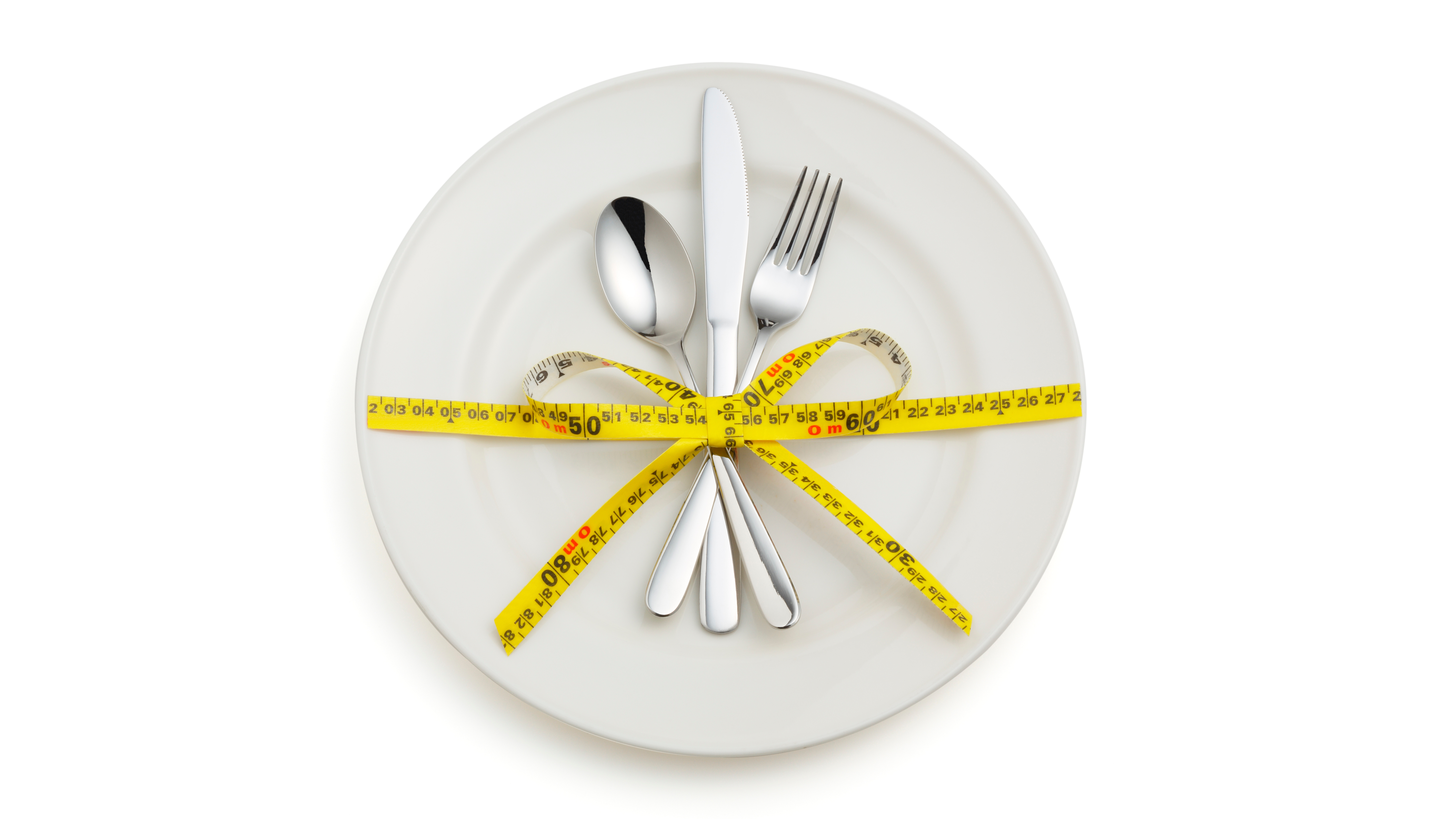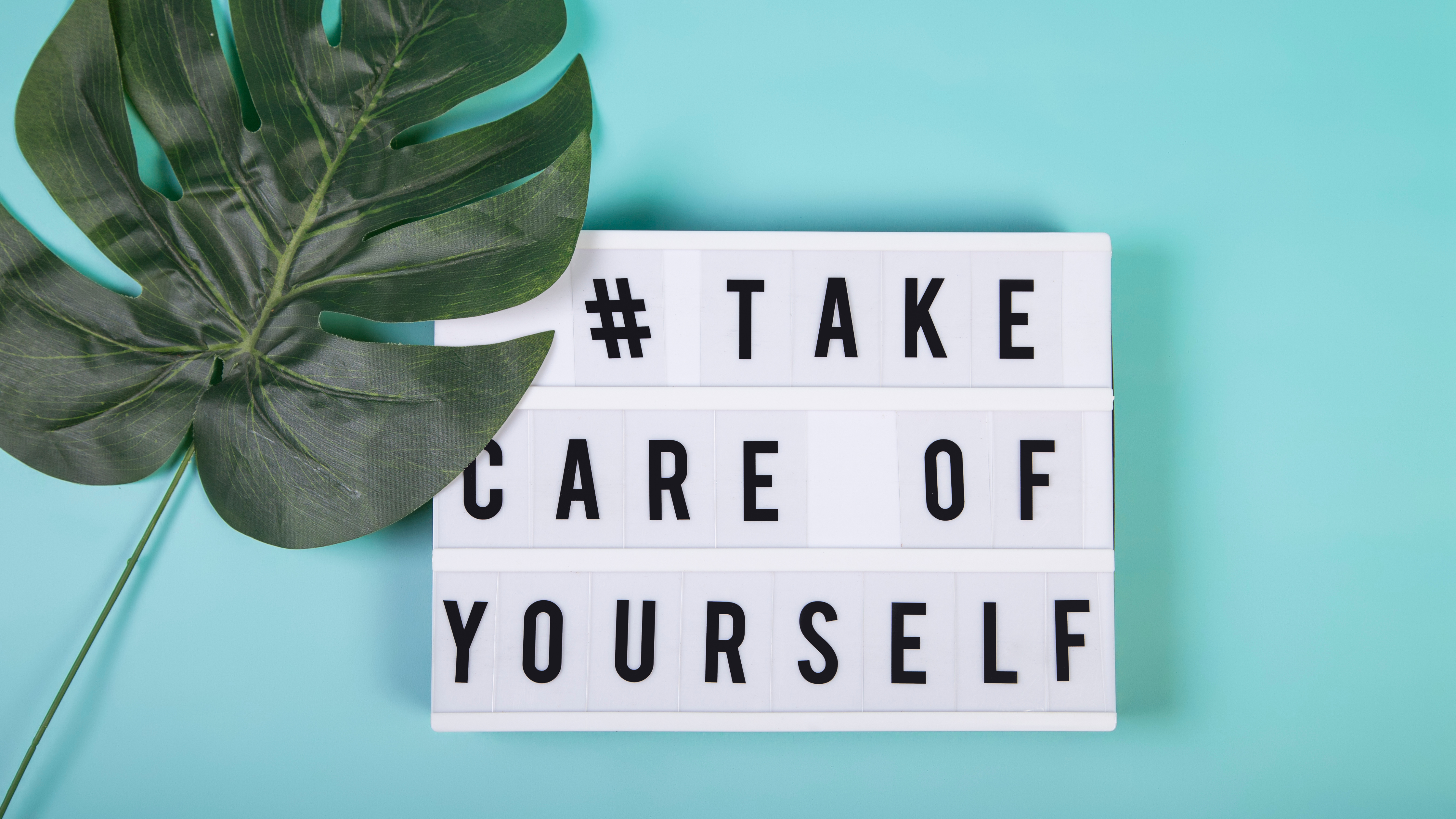
Busting Diet Culture Myths - Part 1
Diet culture is strong, prevalent, and thrives on the principle of scaring us into following specific rules or buying specific products in order to lose weight. Today, we’re going to bust some common diet culture myths, so you are better able to challenge disordered eating thoughts.
Myth #1: Eating after a certain time will make you gain weight
The body is equipped to metabolize food 24 hours of the day, 7 days a week! It simply cannot tell the difference between minutes or hours. This means our bodies have the ability to digest and absorb food, even late at night. There is no evidence to support the idea that eating late at night is unhealthy, nor that what you eat will automatically be stored as fat. This myth may have originated from other factors, like people tending to eat more late at night if they haven’t eaten enough during the day, or if food is used to cope with stress or boredom.
Myth #2: BMI determines health, or that thinness = health
Body Mass Index (BMI) was created by an astronomer and mathematician in the 1830s, with the original intention of being used as a census tool to identify typical sizes of a population. The majority of this data was drawn from upper-class, white men in the Netherlands. BMI solely compares one’s weight to height ratio and doesn’t take into consideration the complexities of determining one’s health status, such as age, sex, activity level, sleeping habits, or lean body mass. It’s of further note that significant conflicts of interest have been identified in the development of BMI target ranges. Due to these factors, BMI is generally understood to be a poor metric for measuring health. In fact, using BMI and weight status in this way can deter patients from receiving the medical care they need for fear of being shamed for their weight.
Myth #3: 2,000 calories is the amount of calories most people need
The idea of eating 2,000 calories/day began in the 1990s in an attempt by the FDA to simplify nutrition facts labels. This benchmark number was determined based on self-reported surveys of the general public’s typical intake. The problem with this data, and self-reported data in general, is people are known to under-report how much they’ve eaten. The survey results actually indicated an average of more than 2,000 calories/day, but the simplicity of an even 2,000 lead to this number be chosen instead. In reality, there is no one ideal number of calories. Needs will vary from person-to-person and even day-to-day.
The Bottom Line
Ultimately, there is no secret formula or set of rules for leading a healthy lifestyle. Rather, it should be individualized, with options that are sustainable and enjoyable for each person. Our bodies are great at communicating with us. They should be honored and listened to, rather than trying to force them into following a set of rules society says is “right.”
-Rachel Orton, MS, RD, LD
Keep an eye out for Part 2 of "Busting Diet Culture Myths" coming soon! We’ll explore more of the harmful misconceptions diet culture spreads and offer tips on safeguarding your mental and physical well-being.





 There was my gymnastics coach, Al Fong, talking with the Barbara Walters on TV about my ex- teammate Christy Henrich and her
There was my gymnastics coach, Al Fong, talking with the Barbara Walters on TV about my ex- teammate Christy Henrich and her 